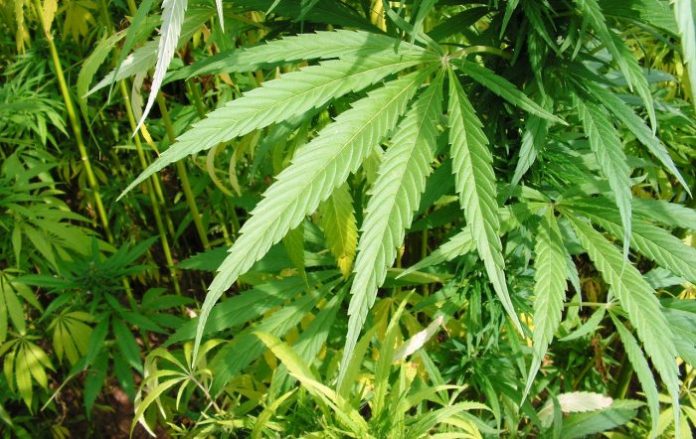Western Australia’s Agriculture Minister has announced the State Government will amend restrictions on the level of tetrahydrocannabinol (THC) permitted in industrial hemp.
Industrial hemp is naturally low in THC, but legislation in many regions sets a limit that can be inadvertently breached or restrict cultivars grown.
Currently in Western Australia, the Industrial Hemp Act 2004 only permits hemp to have a THC content below 0.35 per cent. This will be lifted to up to one per cent, in line with changes to the Food Standards and Australia and New Zealand Code last year that permit the sale of food products derived from hemp seed .
“Interest in WA’s hemp industry has never been higher; the first WA hemp food and drink products are appearing in the market, and we want to support development of this job-creating industry,” said Agriculture and Food Minister Alannah MacTiernan, who also hosted a roundtable of WA hemp growers, processors and researchers yesterday.
The increase will make more strains of industrial hemp available to Western Australian farmers.
“We see real potential for a scale-up of hemp production in WA to commercial levels, helping to create jobs in agriculture and processing right across the regions,” said Minister MacTiernan.
There are currently 42 commercial hemp licensees operating in Western Australia, most of whom have small scale operations.
Something else that could make industrial hemp more attractive in WA is changing regulations to allow for the production of low THC industrial hemp for medical cannabis purposes. Certain strains of hemp can be a rich source of the very valuable and non-intoxicating compound cannabidiol (CBD); a cannabinoid being intensely researched for its potential in treating a wide range of medical conditions.
The ability to do this may become more important in the years ahead as other countries look to Australia’s hemp seed market with hungry eyes – including Canada and China. Canada in particular is looking for new markets after one of its other important markets, South Korea, was targeted by the Chinese and orders and prices dropping.
In Western Canada alone, an estimated 150,000 acres of industrial hemp grown for seed was planted last year.


